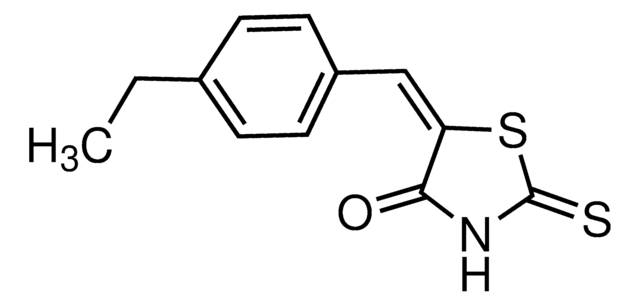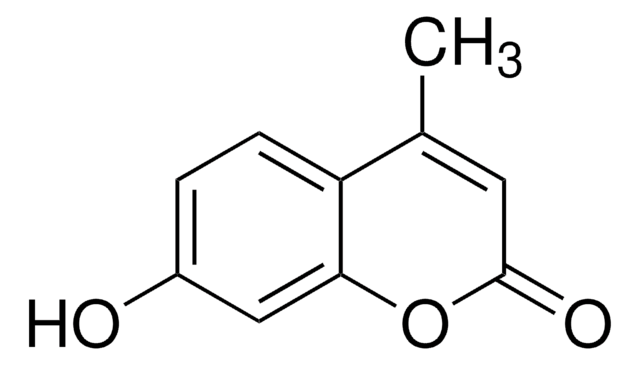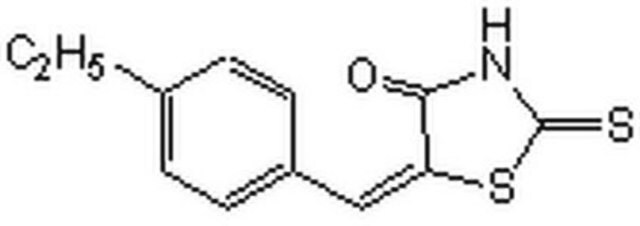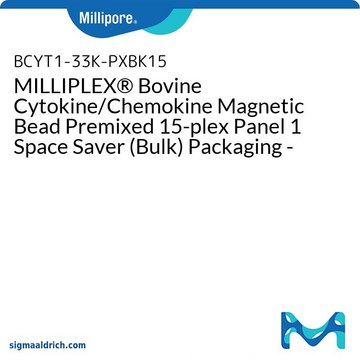G3798
10074-G5
≥98% (HPLC)
Sinonimo/i:
Biphenyl-2-yl-(7-nitrobenzo[1,2,5]oxadiazol-4-yl)amine, N-2-Biphenylyl-7-nitro-2,1,3-benzoxadiazol-4-amine, N-[1,1′-Biphenyl-2-yl]-7-nitro-2,1,3-Benzoxadiazol-4-amine
About This Item
Prodotti consigliati
Livello qualitativo
Saggio
≥98% (HPLC)
Stato
powder
Colore
red
Solubilità
DMSO: >10 mg/mL
Temperatura di conservazione
room temp
Stringa SMILE
[O-][N+](=O)c1ccc(Nc2ccccc2-c3ccccc3)c4nonc14
InChI
1S/C18H12N4O3/c23-22(24)16-11-10-15(17-18(16)21-25-20-17)19-14-9-5-4-8-13(14)12-6-2-1-3-7-12/h1-11,19H
KMJPYSQOCBYMCF-UHFFFAOYSA-N
Azioni biochim/fisiol
Codice della classe di stoccaggio
6.1C - Combustible acute toxic Cat.3 / toxic compounds or compounds which causing chronic effects
Classe di pericolosità dell'acqua (WGK)
WGK 3
Scegli una delle versioni più recenti:
Possiedi già questo prodotto?
I documenti relativi ai prodotti acquistati recentemente sono disponibili nell’Archivio dei documenti.
Articoli
We present an article about how proliferating cells require the biosynthesis of structural components for biomass production and for genomic replication.
Il team dei nostri ricercatori vanta grande esperienza in tutte le aree della ricerca quali Life Science, scienza dei materiali, sintesi chimica, cromatografia, discipline analitiche, ecc..
Contatta l'Assistenza Tecnica.








